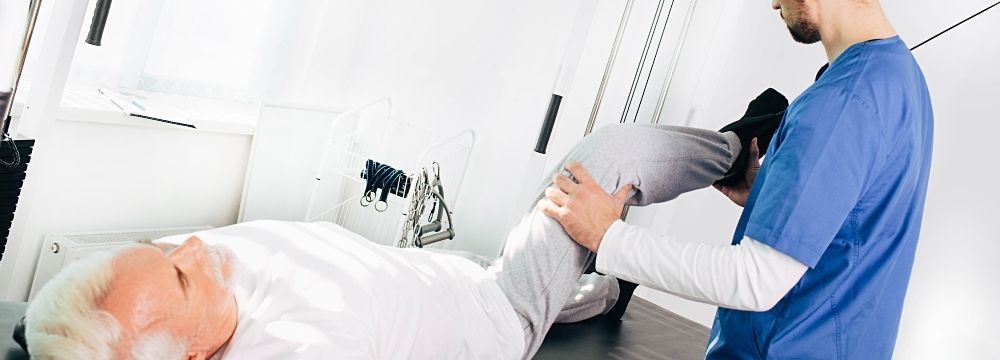
It is easy to think of the bones in the body as monolithic, unchanging things, but to do so would not give these amazing structures the credit they deserve. In truth, bones are very much active – breaking down and regenerating tissue continuously over our lifetimes. Bones need nutrients like calcium and proper blood flow to stay strong, healthy and, frankly, alive. When we break a bone as a child, most cases heal well, with or sometimes without surgical intervention. Depending on the type and severity of break, the bone remains relatively normal for the rest of the patient’s life.
But we all know that as we get older, it is it takes longer to recover from a fracture and the outcomes are somewhat less certain. This is especially true for elderly patients that fracture a hip, many of which never recover their former abilities. But what causes this? And is disability a foregone conclusion?
The short answer is that a fracture at any time in your life is not guaranteed to hamper or end your mobility. There is certainly a greater risk of disability as we age, but now, before the break, is the time to take initial steps to minimize it. So, what needs to be done to minimize the long-term effects of a fractured bone?
Existing Fractures
First and foremost, proper repair of any fracture is critical. Some fractures may only require a cast or splint, while others may require internal fixation in the form of screws, pins or plates. Either way, speaking to a highly experienced and specialized orthopedic surgeon such as those at Premier Orthopaedic & Trauma Specialists is important to ensuring the very best outcomes.
Second, follow your post-operative plan, including your physical therapy plan, closely. These recovery protocols have been proven over decades and hundreds of thousands of patients to improve outcomes. Don’t skip your exercises…attend your full course of physical therapy, no matter how good you might feel.
Lastly, be sure to eat well and exercise appropriately within the guidelines set forth in the recovery plan. Eating well gives bones the nutrients they need to heal more effectively. Exercise strengthens the muscles around the injury to improve stability and speed recovery.
Prevention is Key
As we get older, we have to be more aware of our risk for fractures. This means:
- Eliminating impediments in the home that may cause trips or falls
- Training pets or limiting their ability to wander around the house especially at night when can be a trip hazard
- Taking proper supplements, if needed, such as vitamin D and calcium to ensure proper bone health and
- Aggressively treating osteoporosis at its earliest stages to minimize bone loss
The psychological component to recovery should also be kept in mind. As we age, significant trauma, such as a fall that results in a fracture, especially a hip fracture, can be downright depressing. Patients, their loved ones and caregivers must all work together to keep spirits high, ensure the patient is receiving proper medical and physical therapy care and following an appropriate diet and exercise regimen. If the patient suffers from untreated depression as a result of their fall, they may not take the steps to recover quickly and get back to normal health.
The Bottom Line
Seeking the care of a very experienced orthopedic surgeon not only offers benefits in the form of safety and efficacy, but also offers insight into the psychological component of recovery, especially at advanced age. Closely following all post-fracture guidance provided by your orthopedic surgeon and physical therapist reduces the likelihood of a poor outcome, giving you and your loved ones the best chance to return to life as it was prior to the fracture.







